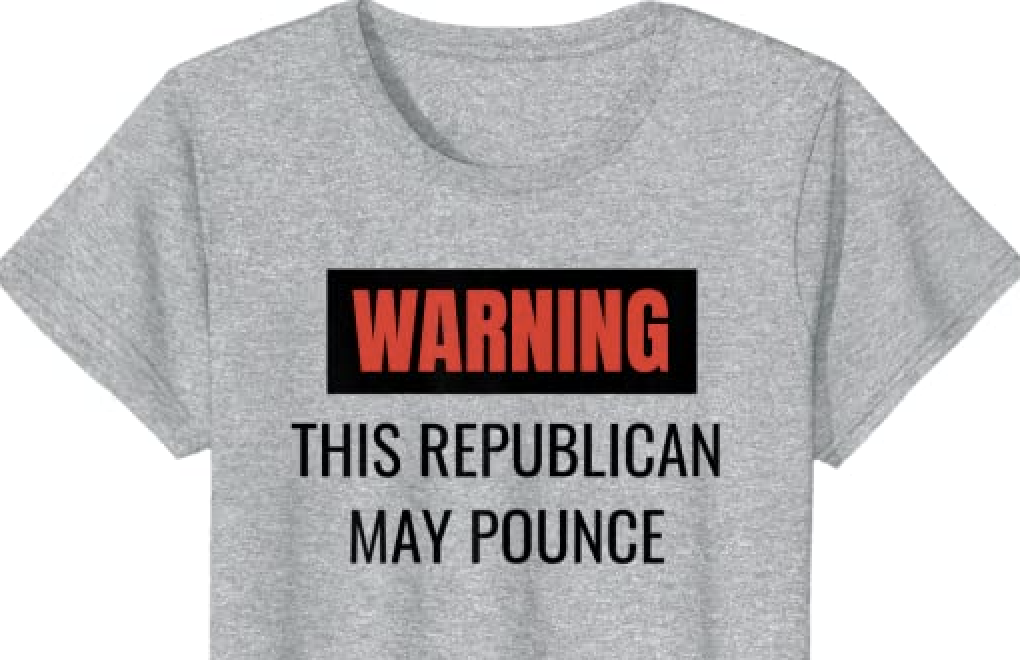Voters across the country cast ballots to elect a governor in Kentucky, decide legislative control in Virginia and determine whether the Ohio state constitution should be changed to enshrine the right to have an abortion.
These were all races and issues that faith voters cared about, even though off-year elections get less attention in the U.S. than presidential and midterm congressional ones. Nonetheless, both Republicans and Democrats are using this week’s results to give them an inkling of trends that could affect next year’s races, including the 2024 presidential election.
The vote comes as former President Donald Trump has pulled ahead of President Joe Biden in five swing states with a year left until the election. When Biden won in 2020, he had pitched himself as the man who could defeat then-President Trump.
In the six battleground states where the 2024 election is likely to be decided, Biden only leads in Wisconsin, according to a new New York Times and Siena College poll. But the White House saw Tuesday’s results as a promising sign heading into next year.
Trump, who is mired in a series of criminal and civil court cases, is up in Pennsylvania, Arizona, Georgia, Nevada and Michigan — potential victories that would hand him the 270 electoral votes needed for him to return to the White House.
Despite the polling, it was a very good night for Democrats across several states and a number of issues, including the expansion of abortion rights in states Trump had previously won and that many religious conservatives saw as their home turf.
Here are five things we learned from this year’s results and what they mean to faith voters:
1. Abortion access in Ohio
Ohioans voted on a referendum to protect abortion access until 23 weeks of pregnancy. The ballot measure in Ohio, a red state, was approved — marking the seventh straight victory for abortion rights in state referendums since the Supreme Court overturned Roe v. Wade last year. Ohio was the only state to consider a statewide abortion rights question this election cycle.







